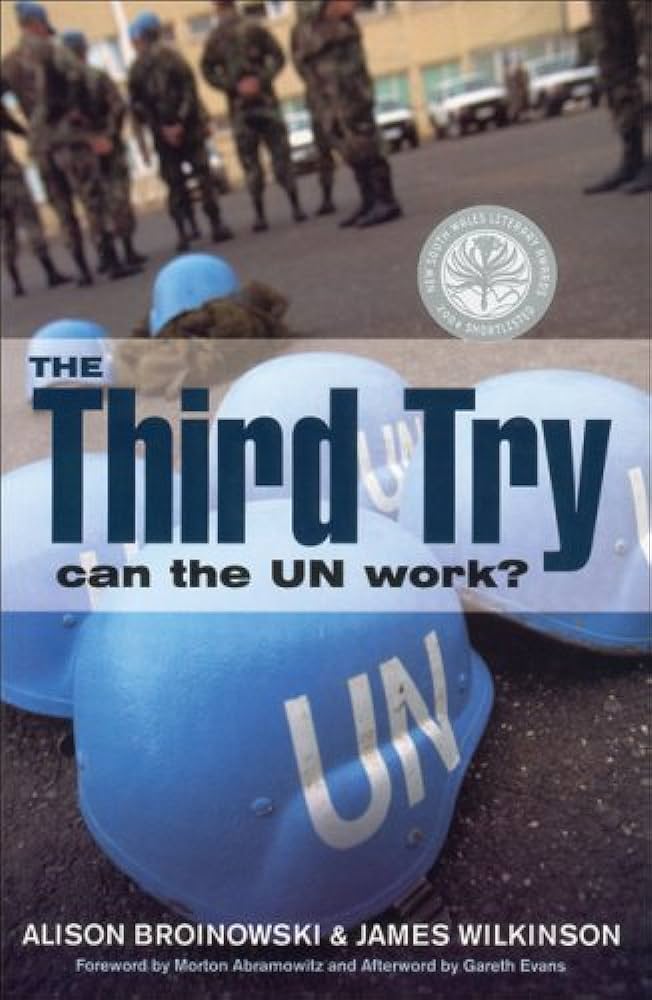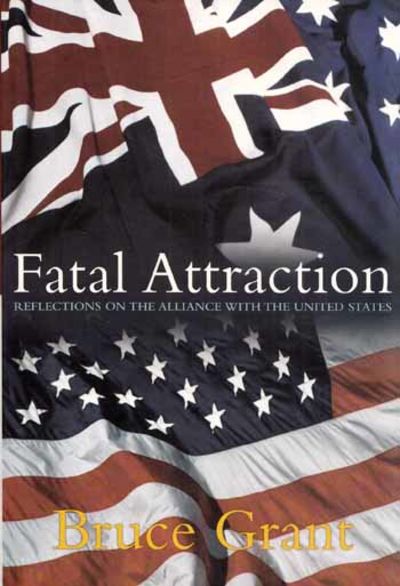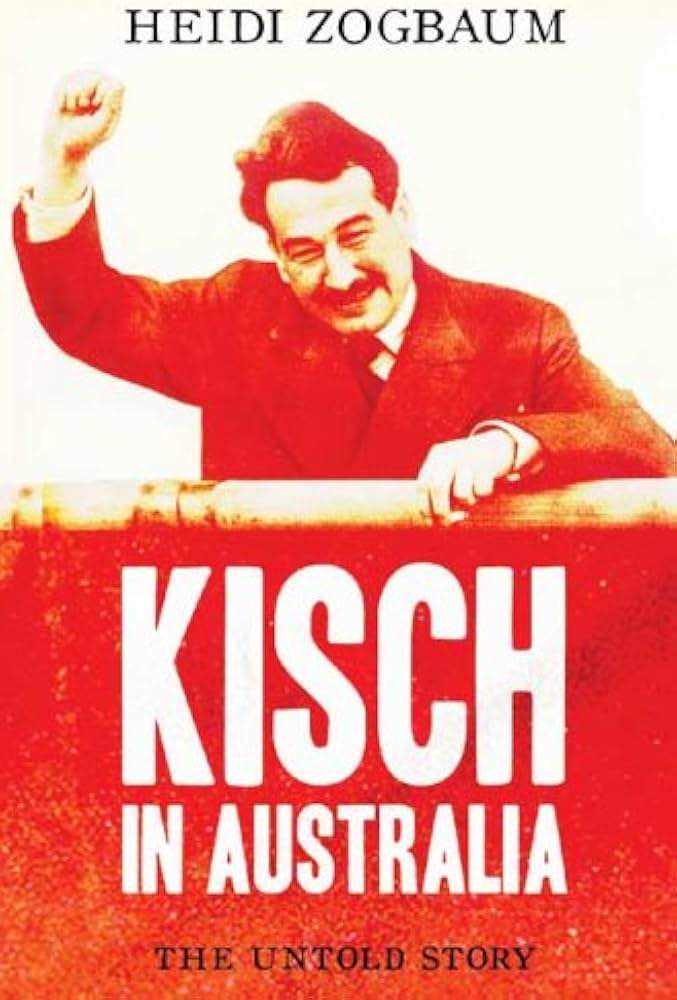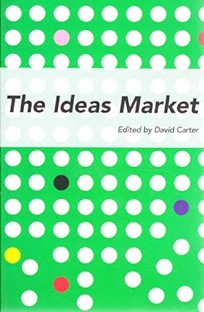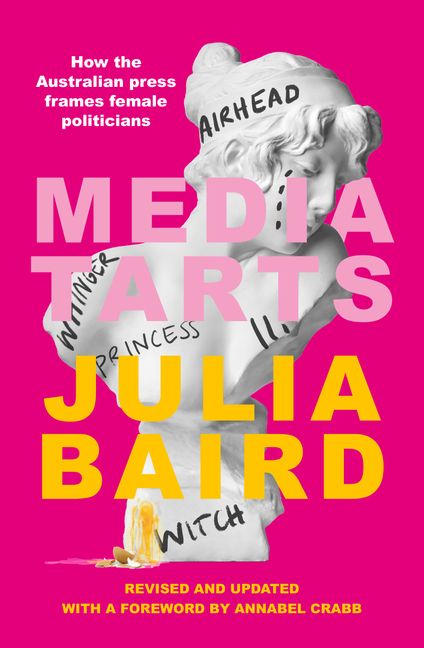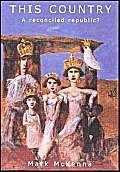Politics
The Green State: Rethinking Democracy and Sovereignty by Robyn Eckersley
by Emily Potter •
The Natasha Factor: Politics, Media and Betrayal by Alison Rogers
by Margaret Fitzherbert •
The Third Try by Alison Broinowski and James Wilkinson & Australian and US Military Cooperation by Christopher Hubbard
by Daniel Flitton •
Fatal Attraction by Bruce Grant & How to Kill a Country by Linda Weiss, Elizabeth Thurbon and John Mathews
by Jock Given •
Kisch in Australia: The untold story by Heidi Zogbaum
by Chris McConville •
Mark Latham by Barry Donovan & Quarterly Essay by Margaret Simons
by Neal Blewett •
The Ideas Market: An alternate take on Australia's intellectual life edited by David Carter
by Humphrey McQueen •
Media Tarts by Julia Baird & Chika by Kerry Chikarovski and Luis M. Garcia
by Rachel Buchanan •




